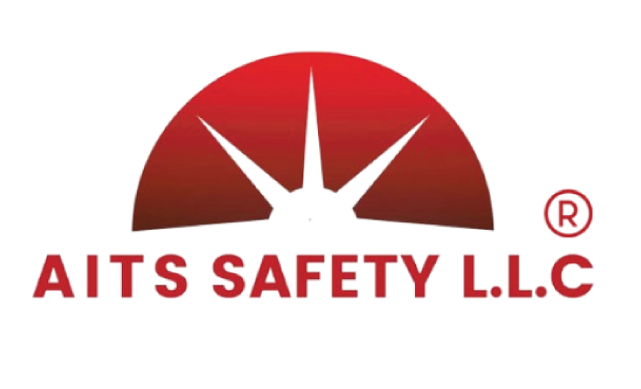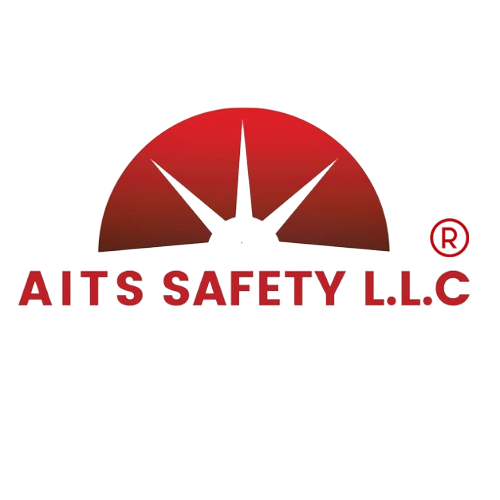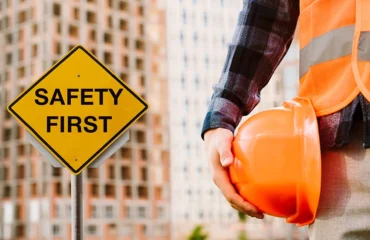Addressable vs Conventional Fire Alarm Systems: Which One Is Right for Your Facility in Dubai?
A delayed or unclear alarm can cost lives and millions in property damage. Modern buildings need systems that not only detect hazards early but also reduce false alarms and link with other safety measures. The right system helps achieve faster evacuation, smoother Civil Defence approvals, and better long-term value.
Choosing the right fire alarm system is one of the most important decisions a facility manager in Dubai will make. The system you pick affects detection speed, false-alarm rates, maintenance costs, evacuation clarity, and regulatory approvals. With high-rise towers, mixed-use developments, and busy commercial zones becoming the norm in the UAE, the choice between conventional fire alarm systems and addressable fire alarm systems matters more than ever.
Below is a practical, no-nonsense comparison and a decision guide tailored for Dubai facilities — plus the exact phrases you can use to connect this post to your pillar content and services.
What is a Conventional Fire Alarm System?
A conventional fire alarm system divides a building into zones. When an alarm triggers, the control panel shows which zone the event came from — but not which detector. They are widely used in smaller buildings and where budgets are tight.
Key advantages
- Lower upfront cost — straightforward components and wiring.
- Simplicity — easy to understand and service for basic sites.
- Good for small sites — shops, small offices, villas.
Key limitations
- No device-level location — the panel only identifies zones, slowing precise identification during an incident.
- Harder to scale — as buildings grow or systems are upgraded, costs and complexity rise.
- Less diagnostic data — limited remote monitoring, which can mean slower troubleshooting.
What is an Addressable Fire Alarm System?
An addressable fire alarm system gives a specific code to every part (like sensors, buttons, and alarms). The main panel finds the precise part and spot, so people can quickly respond and fix the problem directly.
Key advantages
- Precise location — find out the specific sensor that set off the alarm (for example, “Basement — Detector 04”).
- Improved handling of false alarms — smart checks and part testing help cut down on unnecessary evacuations.
- Adjustable and connectable — simple to link with air systems, elevators, building controls, and fire-stopping setups.
- Remote diagnostics and maintenance — lowers long-term servicing costs.
Key limitations
- Higher initial investment — more advanced controllers and devices cost more upfront.
- Requires skilled maintenance — certified technicians are needed for servicing and commissioning.
How to Choose: A Practical Decision Checklist for Dubai Facilities
- Building size and complexity
- Small retail shops, single-villa residences, and small offices: conventional is often sufficient.
- Multi-storey offices, malls, hotels, hospitals, data centres: addressable strongly recommended.
- Number of People & how Dangerous it Could Be
- Places with lots of people (like shopping centers and movie theaters) or places where staying safe is super important (like hospitals) do better with addressable fire alarms, so they can react more quickly and directly.
- Regulatory & approval considerations
- The Dubai Civil Defence usually wants addressable systems for tall buildings and difficult projects — picking an addressable system can make approvals happen faster and reduce rework.
- Integration needs
- If you plan to link detection with fire suppression systems, centralized monitoring, or building automation, addressable is the better foundation.
- Long-term costs vs. short-term budget
- Conventional: lower CAPEX but potentially higher OPEX and upgrade costs.
- Addressable: higher CAPEX, lower lifecycle costs from diagnostics, and fewer false-alarm responses.
- Future expansion
- If you expect renovations, additional floors, or changing layouts, pick a system that scales — addressable provides smoother expansion.
Practical Scenarios
- Small retail store or villa — conventional (cost-effective, compliant for small zones).
- Small to medium office block — addressable recommended where false alarms or extended evacuation would be disruptive.
- High-rise commercial tower or mall — addressable (required in many DCD applications).
- Hospital, data centre, airport — addressable with integration to suppression and management systems.
Installation & Maintenance
Work with DCD-approved professionals and follow the testing schedule required by local regulations. Proper commissioning and periodic testing reduce false alarms and ensure the system performs in a real event.
Choose reputable brands and certified installers; many fire protection companies in Dubai offer packages including design, installation, commissioning, and ongoing fire detection and alarm service.
The choice between addressable and conventional systems will ultimately determine how well your building integrates with broader safety strategies, including Smart Fire Alarm Systems, ensuring faster detection, precise alerts, and safer evacuations.
Conclusion
If you’re unsure, the safest path is to choose scalability and integration. For medium to large buildings, or for any site where downtime and false alarms are costly, addressable fire alarm systems are usually the smart investment. For small, simple properties with limited budgets, conventional systems remain a practical option.
For regulatory clarity, compliance, and system design that aligns with Dubai requirements, consult an experienced fire safety company in Dubai. AITS and other DCD A-Grade providers can advise which system fits your building layout, risk profile, and integration goals — and can support you through Dubai Civil Defence approvals and ongoing fire detection and alarm service.





